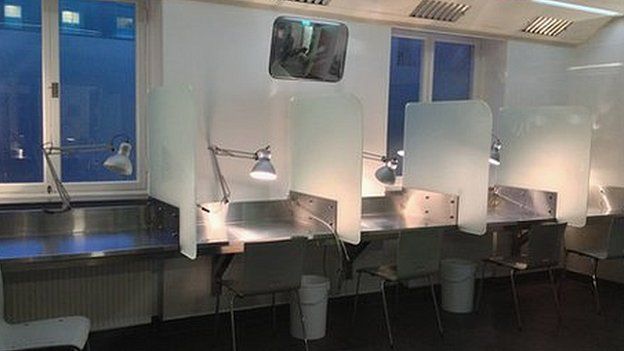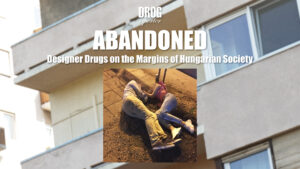Danish MPs today debated a bill which would allow people to bring a friend with them into the drug consumption room, to assist them with injecting. We interviewed Nanna W. Gotfredsen, head of Gadejuristen (Danish Street Lawyers) about the significance of this reform.

Drugreporter: What was the new bill submitted to the parliament about, and who submitted it?
Nanna W. Gotfredsen: The new bill, L 112 (downloadable in Danish only), was submitted two weeks ago by our current conservative minority government – an amendment which provides that local authorities can decide to permit people who use drugs to bring a friend with them into a drug consumption room, to assist them with injecting.
Drugreporter: Why is it important to allow people to be assisted in a drug consumption room?
Nanna W. Gotfredsen: Since sanctioned public drug consumption rooms opened in Denmark in 2012, it has been observed that a relatively small group of extremely vulnerable injecting drug users are not able (or find it very difficult) to inject – either because of withdrawal symptoms (shaking), or because the individual no longer has easily-accessible veins. To ensure that this very vulnerable group of users can also benefit from the many health advantages of using as safely as possible inside a drug consumption rooms, the new law makes it possible for local government to allow assisted injecting.
Drugreporter: What was the decision made by the parliament?
Nanna W. Gotfredsen: Today was only the first of three obligatory readings, but eight out of nine parties, amounting to 142 out of 179 MPs, declared explicit support for the bill. In all likelihood, it will therefore be passed and come into force from 1st July, 2016.
Watch this video we produced about a Danish mobile injection room in 2012!
Drugreporter: What will change after this decision?
Nanna W. Gotfredsen: Users in need of assisted injecting will no longer be excluded from the DCRs. They will no longer be forced to use in public, but will be able to inject inside the DCRs. They will be more safe, and we would expect a reduction in overdose-related deaths, and also a reduction in harm resulting from non-fatal ODs, reduced transmissions of hepatitis C and HIV, and a lower rate of infections.
Interviewer: Peter Sarosi






